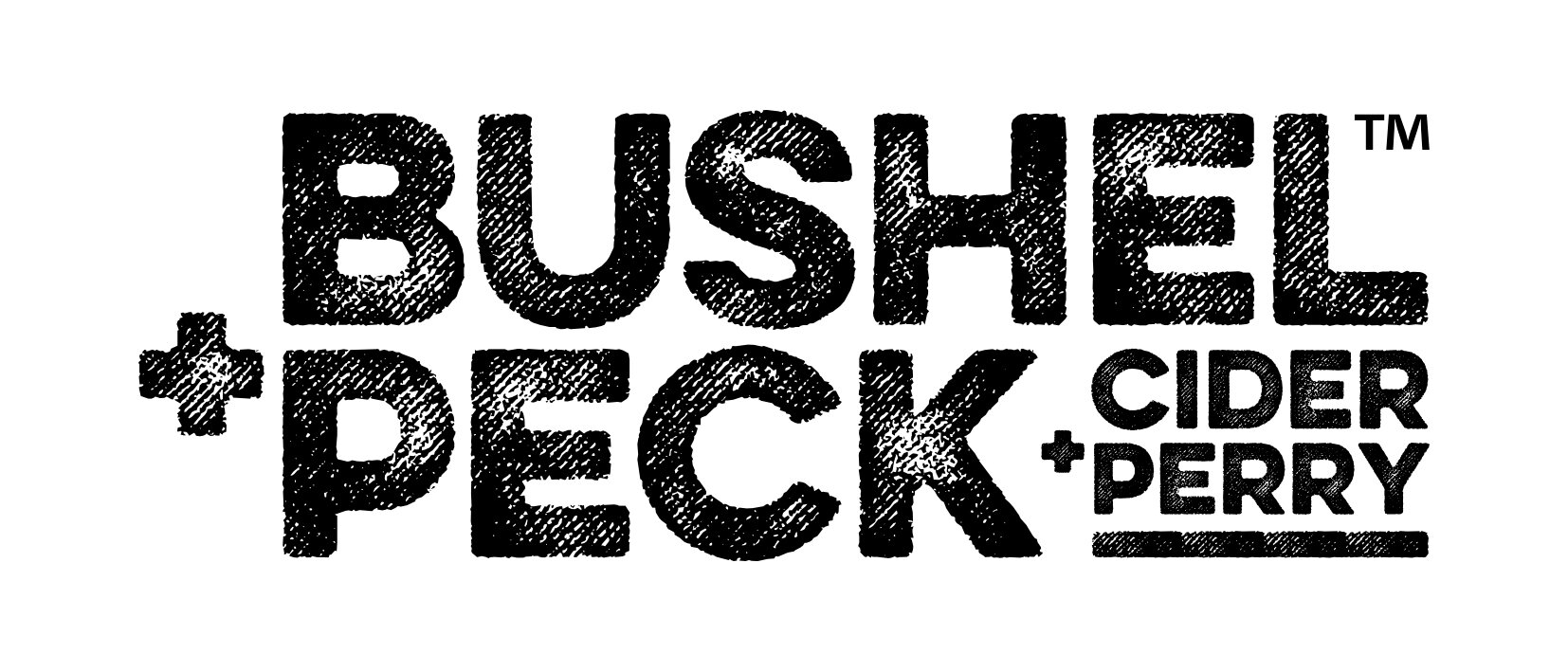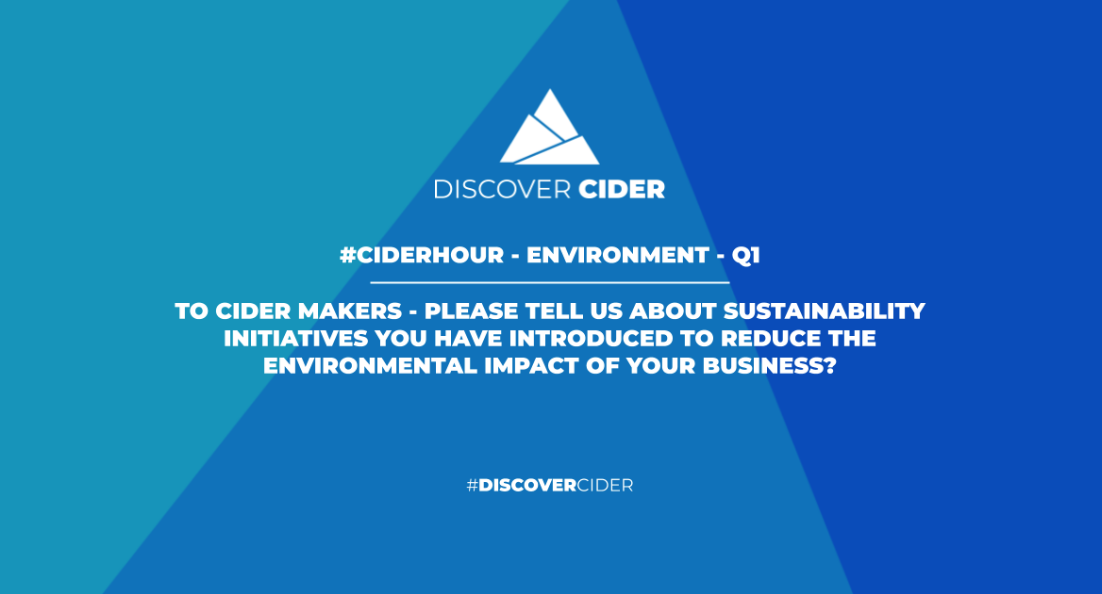"I don't like cider ..."
Discover Cider
Even though more cider is drunk in Britain than any other county on the planet, over 50% of the adult population don’t touch the stuff. Why? Perhaps the reputation or the experience of drinking White Lightning is responsible? Or maybe generation after generation drank themselves into a stupor on their West Country summer holiday and ended up with a hangover so bad it’s lasted a lifetime. Whatever the reason, “I don’t like cider” is a common refrain heard by people trying to sell it.
Non, pas pour moi
For those of us within the cider industry, “ I don’t like cider” is a bit like saying “I don’t like food”. Of course, there’s some food we don’t like - we’ve never been particularly fond of eating molluscs, for instance - but even for the most fussy eater there’s something edible out there. And in the world of cider, the depth and breadth and quality of cider that’s now available should offer even the most virulent cider-phobe something to at least consider. And to get help get that point across, The Ciderologist - the world’s first and only full-time cider advocate - and others have set up Discover Cider. It’s an initiative to help educate the wider world about the merits of cider, the choice that’s available, about how cider is often rooted in local communities and, perhaps most important of all, about how cider-making is - or should be - an environmentally sustainable activity. As part of this activity, there’s a weekly Twitter Chat-a-Thon and this week it was about The Environment.
Perfect, we thought. Given that our environmental credentials are strong - unsprayed fruit only, using surplus apples from local gardens to minimise waste, low food miles, fruit from the biodiversity oases of traditional orchards, etc etc - and because the biodiversity and sustainability aspects of orchards are a big part of the reason we became cider-makers in the first place, we fully intended to participate. And participate we did … not one of us, but two; one as Twitter and Discover Cider intended, with succinct Tweets, at the appointed hour, on the appointed day, in the correct forum. The other participant, being a bear with little brain, has chosen to contribute on a completely different platform - here, where no one will read it - a few days late and in proper prose, as he was taught at school 110 years ago.
Sustainability and Biodiversity
These should be at the heart of what every business is about, big, medium or small, cider, beer, wine, whisky, vodka, oil, iron ore, shipping, airlines or cattle farming.
Unsprayed fruit. We ONLY use unsprayed fruit, because sprays kill things. Killing things reduces biodiversity and destabilises the vibrant ecosystems of traditional orchards.
Minimal plastic. We no longer package our 500ml bottles into shrink-wrapped trays but use FSC certified cardboard cartons instead. It may cost us more but it costs the earth a lot less. With regret, we do use plastic in our 20 litre bag-in-box cartons that we supply to pubs, because there isn’t a workable alternative. When there is an alternative, we’ll use it. Unlike some, we won’t use plastic kegs, we use steel kegs that can be used time and time again.
“Messy” orchards. We don’t own our own orchard(s) but are closely involved with a few orchards in Gloucestershire and where we are involved the orchards are “messy”; they’re not just long, neat lines of trees dedicated to maximising fruit production.
What do we encourage? First of all, in an old orchard, plant new fruit trees! Without new trees, the orchard dies when the old trees die. Continuity is an important aspect of thriving ecosystems and having trees of different ages encourages biodiversity - some creatures live in old homes, some in new, and some need both.
Sustainability
Biodiversity
What else? Prune the trees, of course, but don’t prune out all the dead wood; dead wood within a living tree is the single most valuable ecological contribution orchards make. Fruit trees are “early senescent” - they age quickly - and so can be perfectly healthy and productive as well as have dead wood within them. Leave log piles around as shelter for small mammals, and keep dead trees standing to provide habitat for birds. Leave windfall fruit on the ground; its food and fuel for the ecosystem. Manage the grassland to encourage wild-flowers. Encourage hedgerows - nature’s motorways - and scrubland on the edge of orchards. Don’t use sprays; nature has its own pest management system which works well enough if allowed to operate. Finally, ivy and mistletoe; the benefit of both to biodiversity is indisputable, so both are a welcome part of any orchard we visit, but if allowed to run riot they can destroy trees so do need to be kept in check.
So, if we had a brain and if Twitter didn’t have a 50 word limit, this is what we could have said. Thanks for reading.




